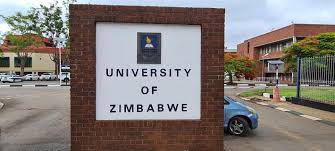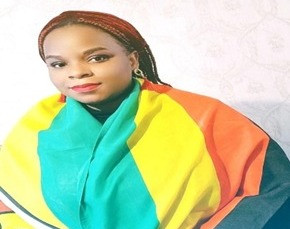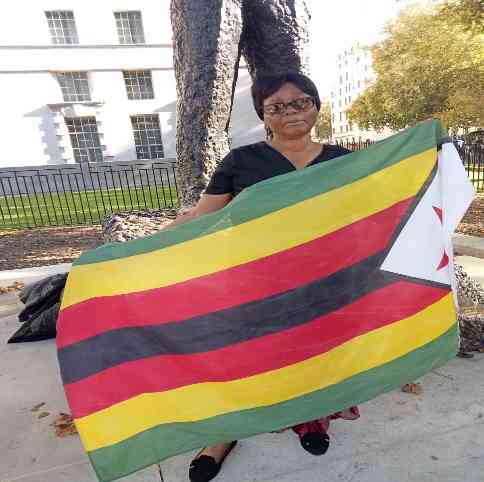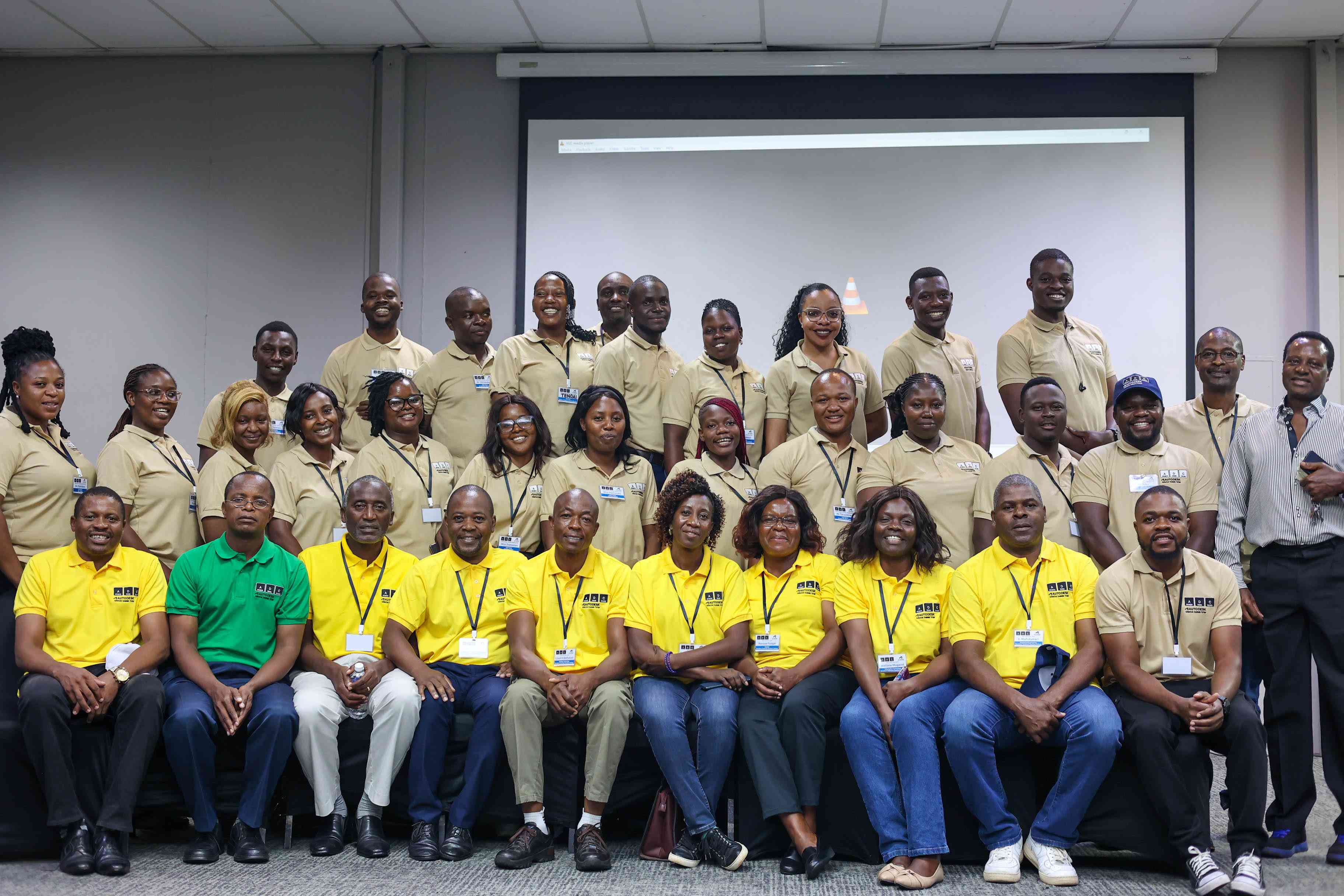
Bream Fish, commonly known as Lepomis macrochirus are the life and soul of Lake Chivero’s ecosystem upon which the city of Harare’s 3 million residents depend for water and tourism.
By Byron Mutingwende Own Correspondent
Poaching, industrial effluents and water-borne diseases have become the Achilles heel of ecological sustainability in the lake. After a 27km drive South West of the capital city Harare, we arrived to witness Harare residents’ most imminent ecological challenge.
The reporter’s first port of call was Churu Farm — a squatter farming settlement — where we met a middle-aged man who identified himself as Regis Chikwanangwana. He said he joined scores of other people whose “illegal” dwellings were razed down in 2005 during the government blitzkrieg known as Murambatsvina.
“Stranded in the open with my belongings in Glenview 3 in 2005 after the cottage I stayed in was destroyed, I had no choice except to trek towards Lake Chivero and squat on Churu Farm,” explains Chikwanangwana, fixing his gaze on drying breams on a granite boulder at his yard in Compound B7 at Churu Farm.
The frail-looking Chikwanangwana does not seem to mind the odour exuding from his unwashed body and threadbare khaki overalls. Instead, his major worry is the officers from Harare City Council, Zimbabwe Republic Police and Parks and Wildlife Management Authority.
“We are always in running battles with these officers because they say the business we do of selling fish to sustain our livelihoods is illegal,” Chikwanangwana says with a grin on his face.
“Our lives are dependent on Lake Chivero. For the past nine years I have stayed here, my life has depended on that lake. We gang up with my five other friends to go and fish in that lake every day. Fish poaching is not easy, but we use every means possible to make it a daily routine,” explains Chikwanangwana.
- Chamisa under fire over US$120K donation
- Mavhunga puts DeMbare into Chibuku quarterfinals
- Pension funds bet on Cabora Bassa oilfields
- Councils defy govt fire tender directive
Keep Reading
Chikwanangwana and his friends use boats made of plastic and wood to fish in the vast lake using nets.
“Boats cost as much as $300 and the most appropriate are aluminum and plastic ones which are powered by motor cycle engines. Wooden boats and canoes are also convenient and much cheaper, but they pose the risk of easily capsizing and not holding in cases where huge waves occur,” said Herbert Zinamo, another fish poacher.
Zimbabwe Parks and Wildlife Management Authority (ZPWMA) considers fishing as a wildlife-based tourism operation. In January 2013, ZPWMA issued river and lake usage fees which are to be adhered to by tourists.
“There is need to conserve our water bodies and wildlife including fish in the lakes and this is the reason why we deploy our security officers to man Lake Chivero and arrest fish poachers,” said Caroline Washaya Moyo, ZPWMA spokesperson.
Despite arrests by police officers, fish poachers are daring and determined to fight hard in order to get the fish because they insist fishing is their only source of livelihood.
“We will always fight the authorities in order to continue fishing because we don’t have any other choice,” says Zinamo.
“On a good night, my single catch can fill up to three empty 50kg bags of maize meal. This will translate to six 20l buckets of fish. Each bucket of fish can cost as much as $30 and demand is always high,” Zinamo added.
The price of meat has soared in most retail outlets, supermarkets and butcheries in the recent past. A survey by this newspaper showed that on average a kilogramme of beef costs between $4 and $5, chicken between $3 and $5 while pork costs between $3 and $6.
“As a low income earner, fish is the only cheaper alternative if I want to eat meat with my family. A single dollar will buy me enough fish to feed my family of six whereas the same dollar buys far less beef, chicken or pork,” said Sheila Mutema, a housewife from Budiriro 2. The fish poachers make brisk business from selling fish. In Budiriro 2 there is a place called Gum Trees frequented by clients from as far as Epworth and Ruwa who come to buy the fish.
On the selling site, swarms of flies buzz around because the fish are gutted before being sold to the customers.
“People spend the whole day buying and selling the fish. Of major concern is the fact that there are no toilets and taps with running water around the area, posing a health hazard to the people,” said Grail Makonye, a Budiriro resident.
City of Harare’s Director of Health, Dr. Prosper Chonzi said there was need to exercise hygiene and shun food vending on such undesignated places as this posed threats of cholera and typhoid outbreaks.
Lake chivero is Harare’s biggest source of water. Intermittent droughts have seen the quantity of water decreasing resulting in long queues for water in the residential areas. Zinamo, however, said the quantity of fish in Lake Chivero was dwindling due to the presence of the water hyacinth and the continued disposal of effluent from industrial activities which was killing the fish.
The Environmental Management agency also works closely with ZPWMA to conserve aquatic life including guarding against fish poaching.











